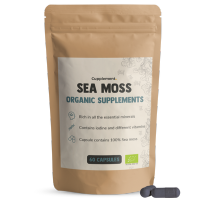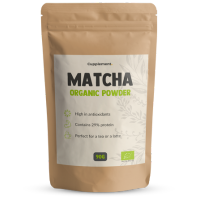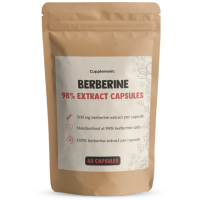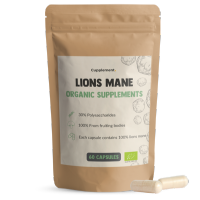
The effect of coffee on vitamin absorption
Are you worried that vitamins won't be absorbed as quickly when you combine them with a cup of coffee? I was too. Several websites proclaim that you should never, ever drink coffee with a meal, because it negatively impacts vitamin absorption. But it's too easy to generalize about all vitamins. Is it true that not all vitamins are absorbed when you drink a cup of coffee? We've investigated this for you.
Water- and fat-soluble vitamins
You might already know this, but there are water-soluble and fat-soluble vitamins. Fat- soluble vitamins are digested in your stomach and stored there. Water -soluble vitamins are digested in the small intestine, and any excess is not stored but excreted in urine. To digress slightly, the different absorption methods can also lead to an excess of fat-soluble vitamins, which can also be harmful. This is not the case with water-soluble vitamins.
But now back to the topic.
Vitamins and caffeine
There are many factors that affect vitamin absorption when combined with coffee, particularly the caffeine in coffee and the vitamin's form. Different vitamins react differently to coffee. Vitamin C For example, it's less well absorbed by the body when taken with coffee. This is because they both bind to the same receptors in your stomach. Oddly enough, the function of B vitamins is actually enhanced by the combination with caffeine . Coffee also contains several B vitamins. This is therefore a very good combination and is therefore also included in Cupplement. Finally, caffeine reduces the absorption of vitamin D. So don't have lemon or a piece of fish with a cup of coffee, but rather a piece of meat or some nuts.
















